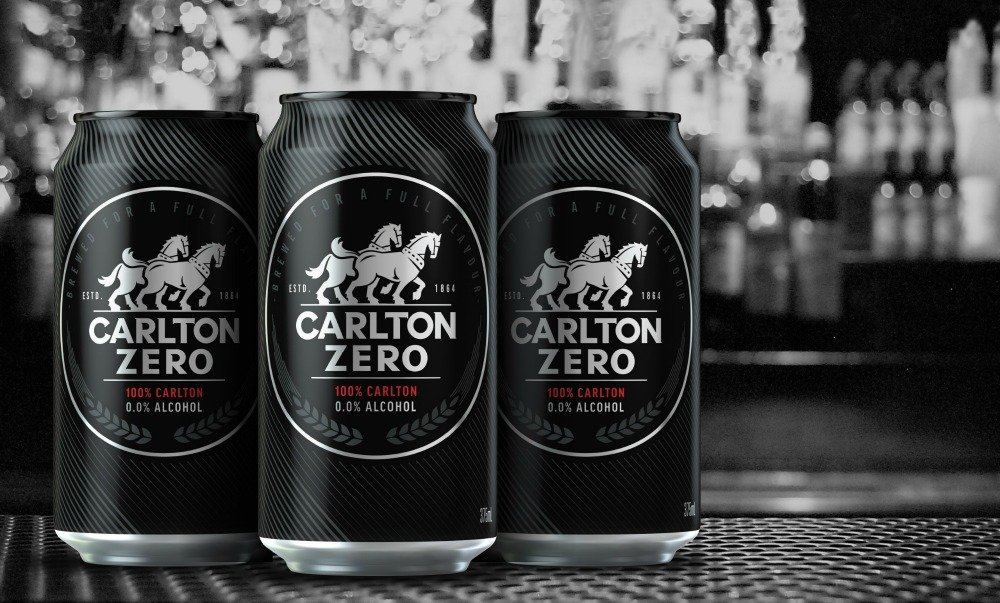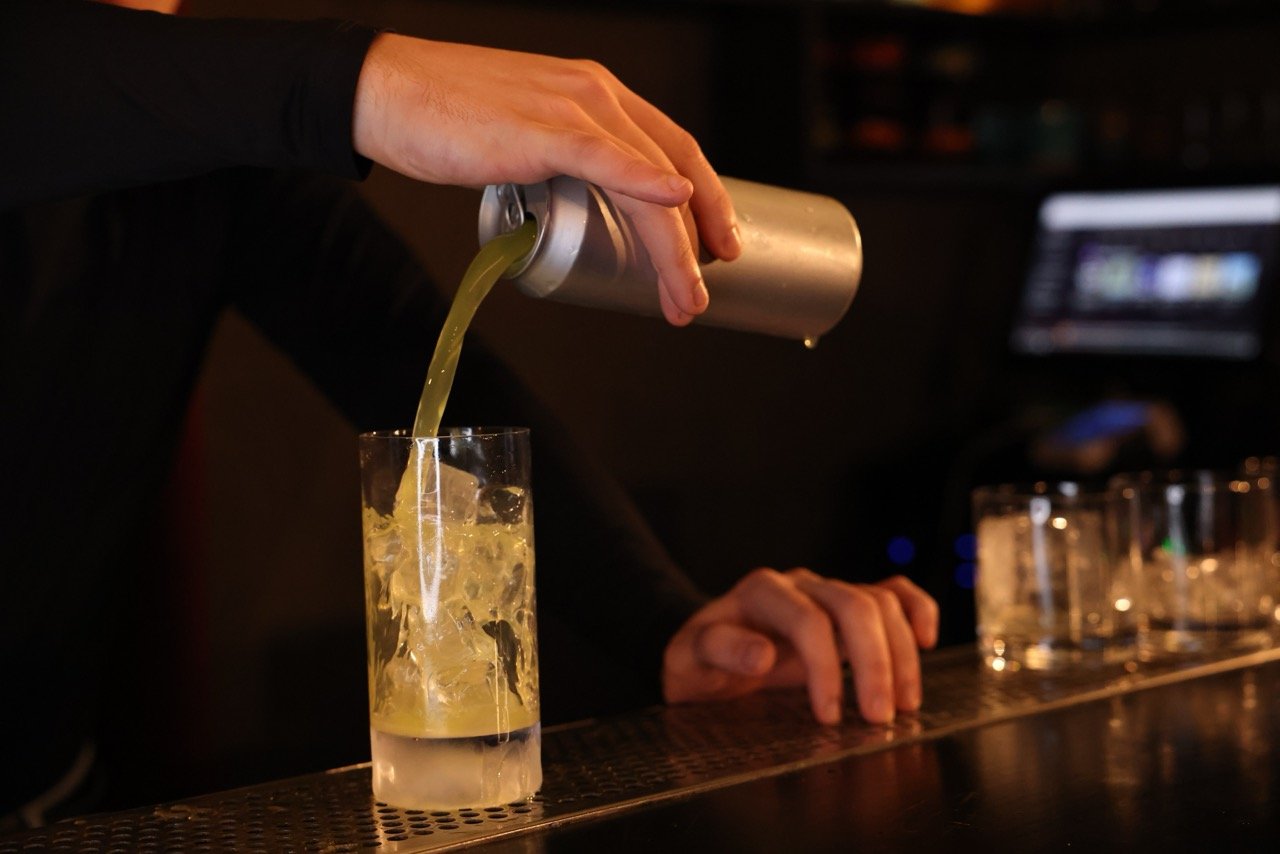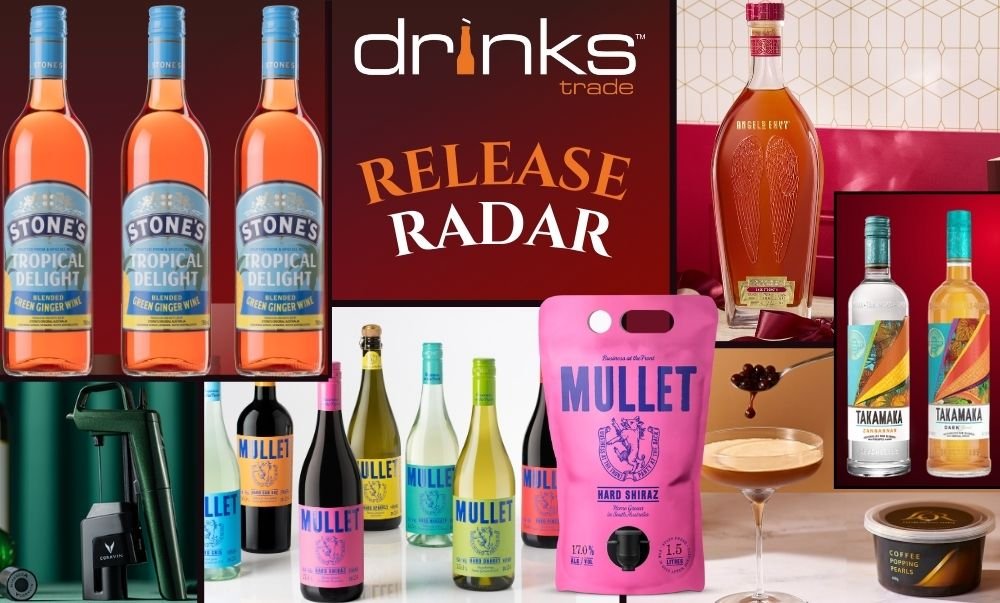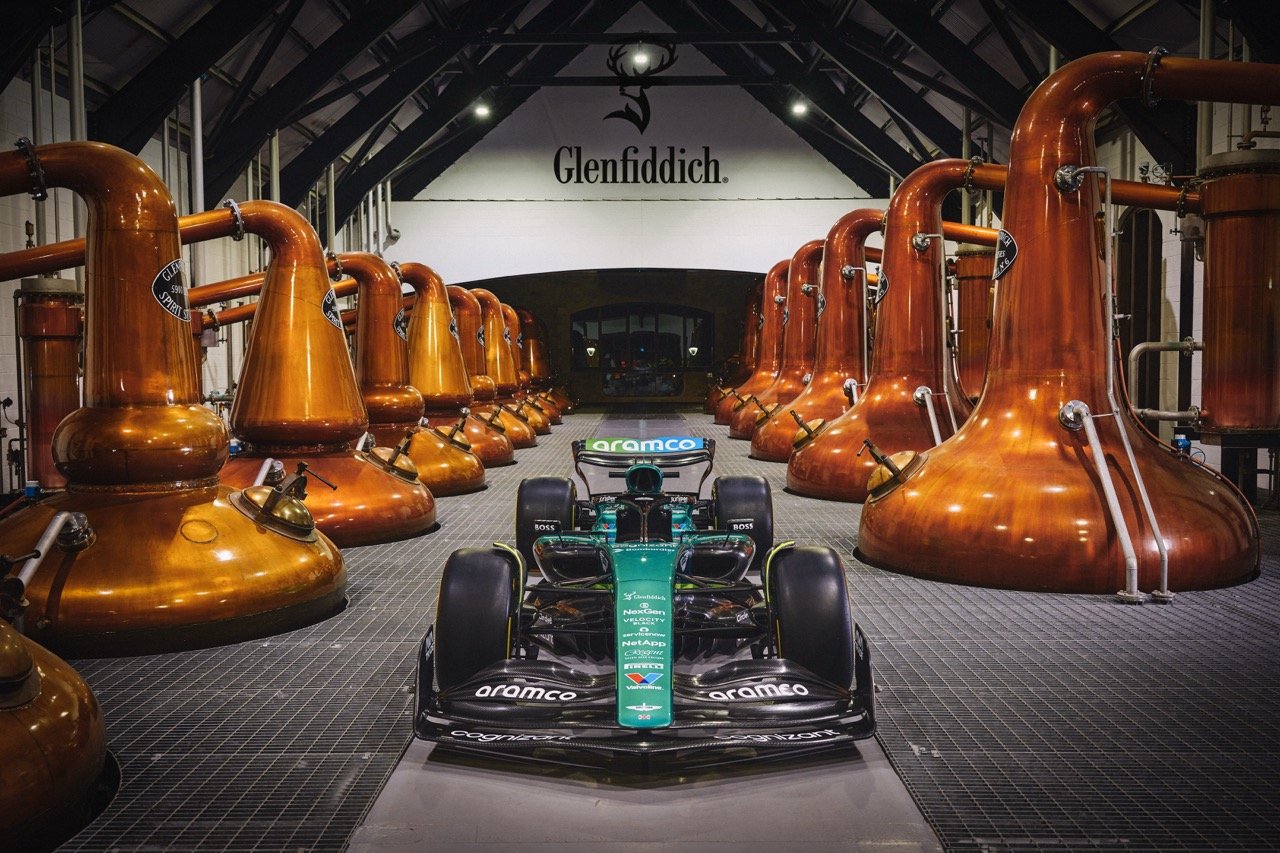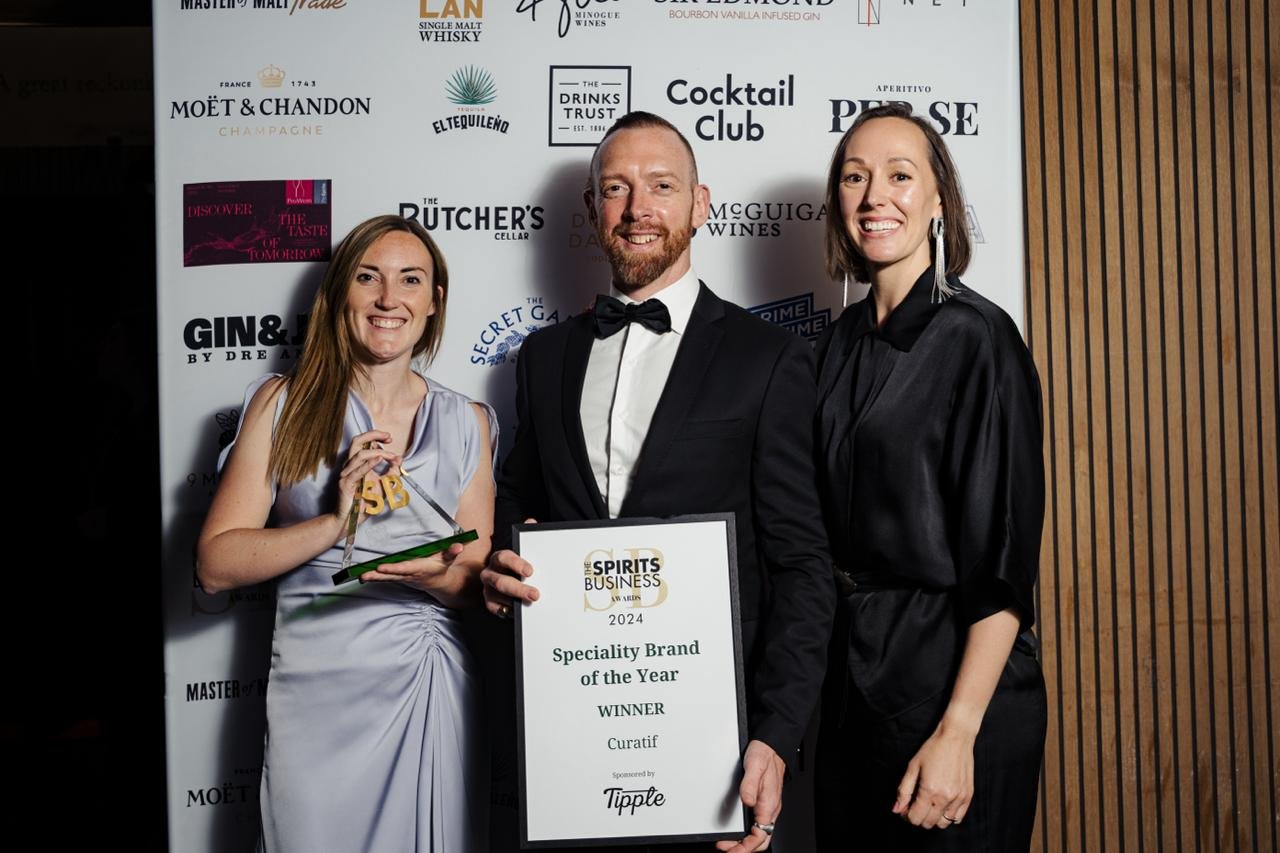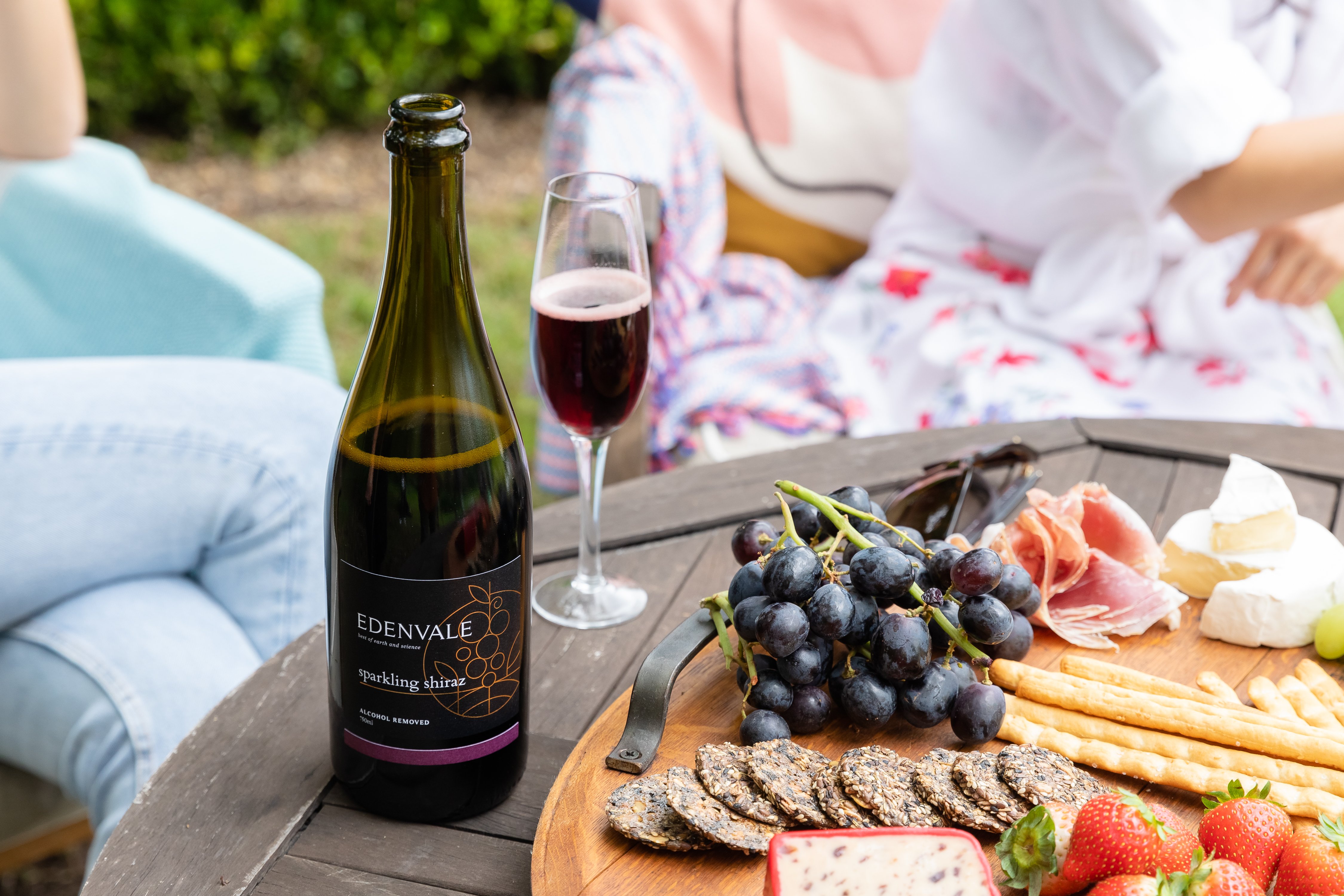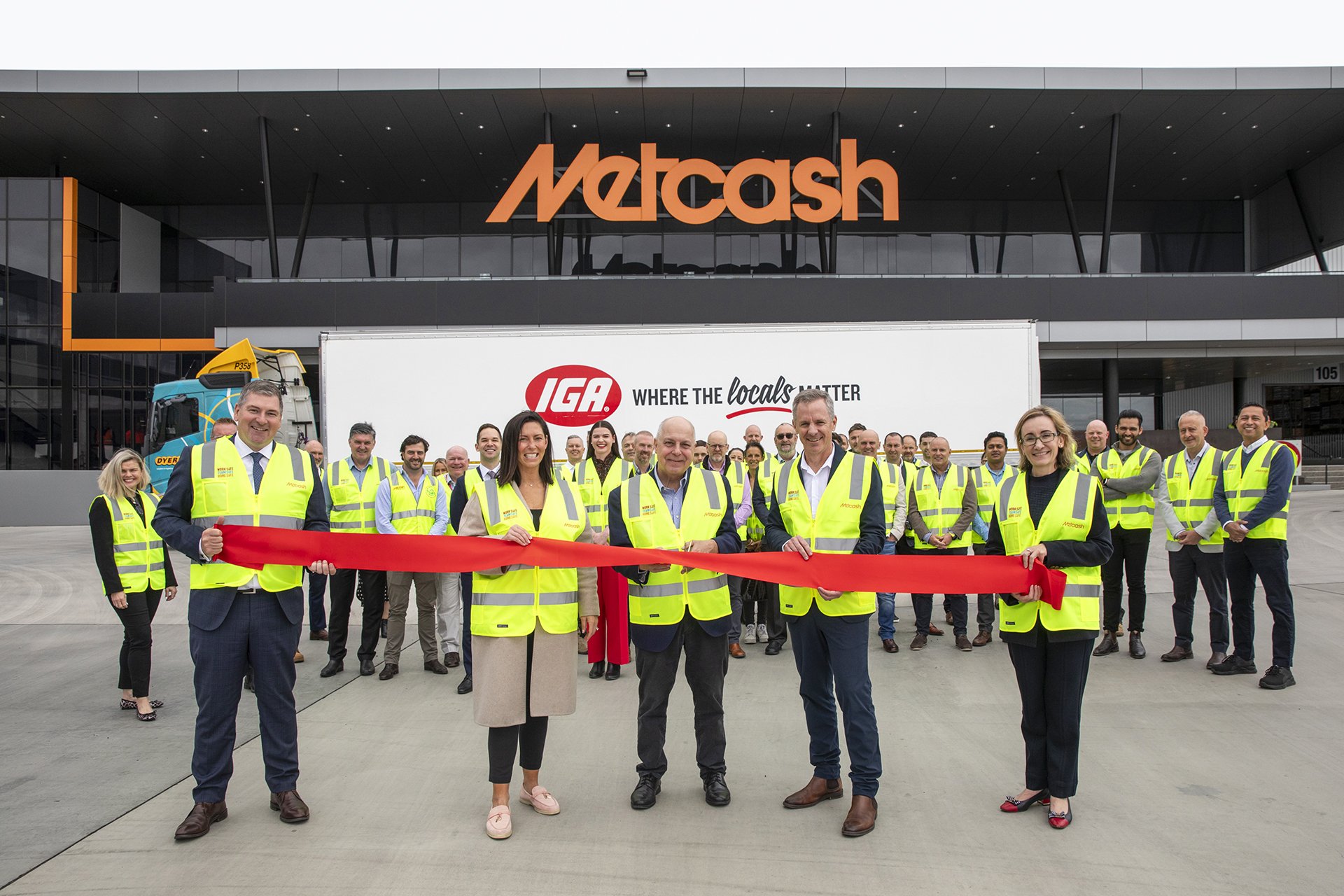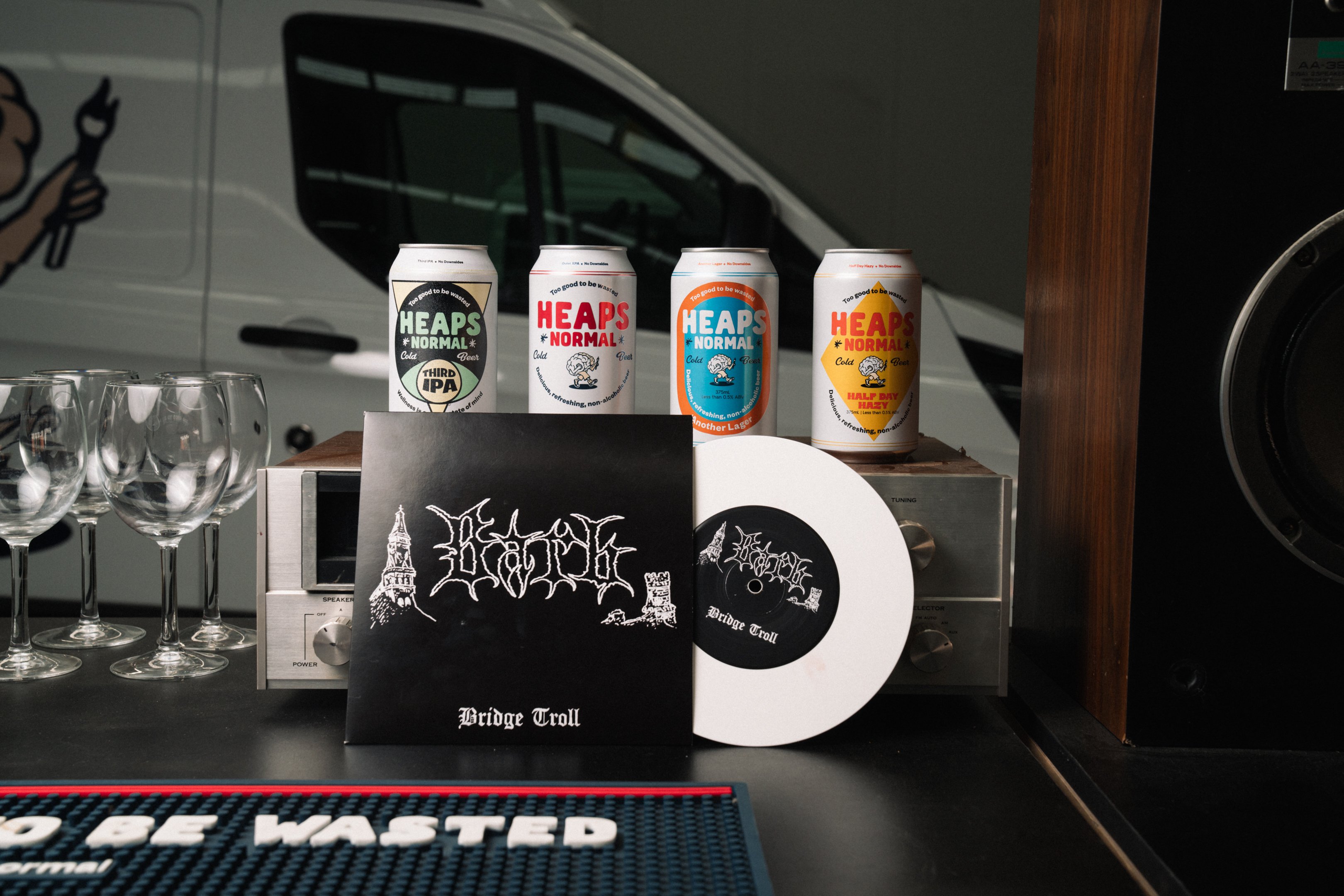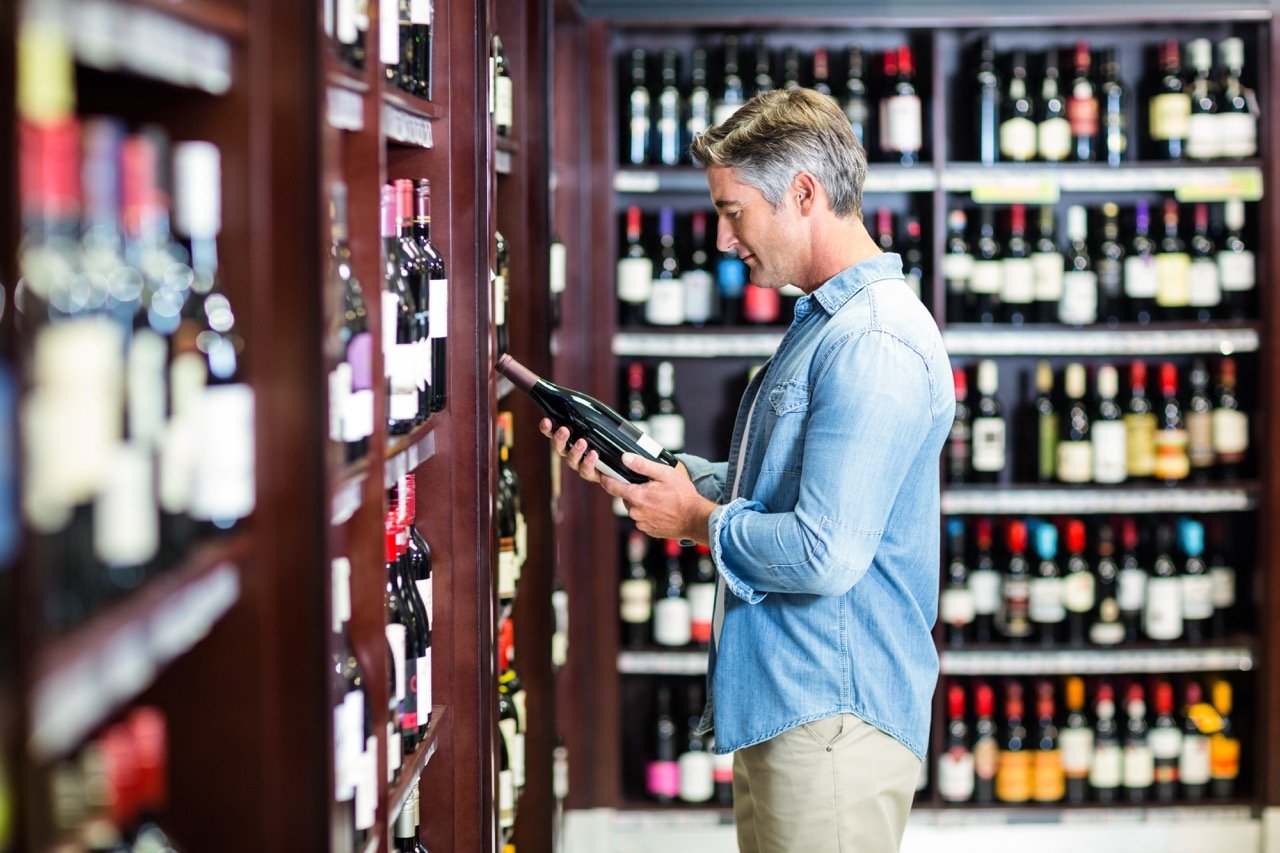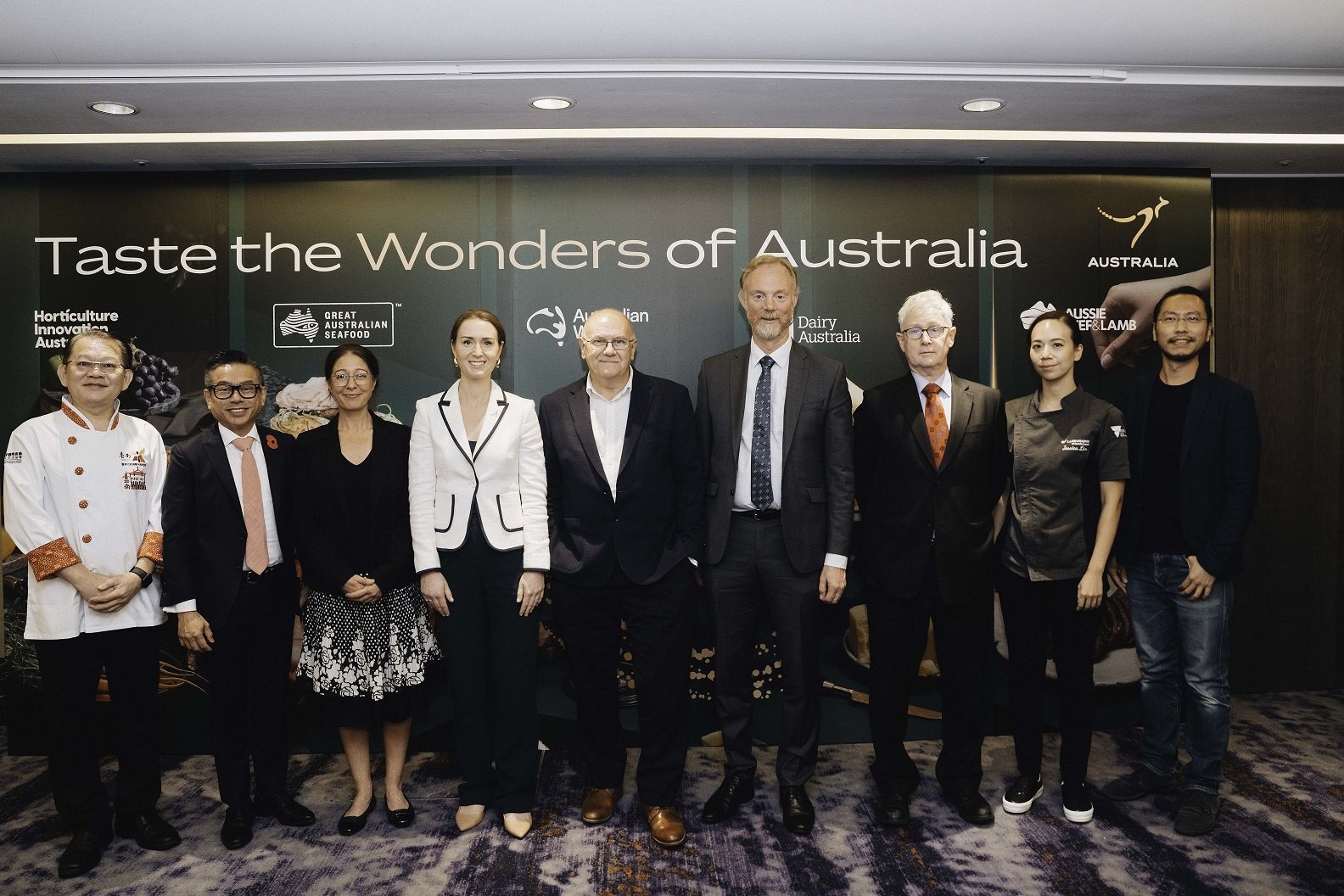With zero alcohol products now on sale in supermarkets, researcher at the Menzies School of Health Research, Mia Miller, has released a paper questioning whether this could have a negative impact on the way in which young people’s consume alcohol as young adults and even promote underage drinking.
Her paper in the Drug and Alcohol Review by Menzies School of Health Research (Menzies) and The George Institute for Global Health (George Institute) suggests that not enough research has been undertaken to “support the sale of zero-alcohol beverages in supermarkets” and she suggests that, like e-cigarettes, it may promote poor drinking habits in the future.
Zero-alcohol beverages are often packaged identically to alcoholic beverages and indeed this is new and tricky territory. Brands including Heineken 0.0 and Carlton Zero have already had to navigate this and defend their advertising placements with ABAC.
Ms Miller says, “Alcohol advertising exposure has been shown to increase early initiation of alcohol use, and increased alcohol use. It can also foster brand allegiance, a factor that has been shown to lead to increased chances of young people consuming alcohol.”
Consumption of zero-alcohol products increased by 2.9 per cent in 2020 and is expected to increase by 31 per cent by 2024.
“The sale of zero-alcohol beverages in supermarkets means young people will be more frequently exposed to alcohol companies’ branding and logos,” says Ms Miller.
Alcohol Beverages Australia CEO Andrew Wilsmore disagrees. He says, “Zero-alcohol sales of beer, wine and spirits in supermarkets are nothing new and have been part of the shopping experience for generations of Australians due to liquor licensing laws banning the sale of alcohol in supermarkets in a number of States and Territories.
“Clearly there is no link between ‘exposure’ and adverse outcomes in young people’s drinking alcohol, as there are no significant differences in harmful youth drinking from those States and Territories that do* allow the sale of beer, wine and spirits within supermarkets against those that prohibit their sale."
Alcoholic beverages are sold in supermarkets in most countries around the world.
Mr Wilsmore takes a broader view and says that with drinking levels among Australians at a 50 year low, we seeing a cultural shift and one that is led by the 18-24 year old market segment.
Mr Wilsmore said, “A massive generational change has taken place in Australia, particularly among our young people who are delaying the age of their first drink - from 14 years in 2001 to 16 years in 2019; and 14-17 year olds increasingly abstaining from alcohol – from 31.8 per cent in 2001 to 72.5% per cent abstaining in 2019.
He says, “Parental influences are a significant component of that cultural change, and with zero-alcohol product sales doubling in the last year and Covid restrictions seeing more Australians choose healthier lifestyle options, it is likely these positive trends will only continue among our younger generations."
Ms Miller does acknowledge the decline in alcohol consumption by young people but says we “do not want to reverse these wins by having products available for sale to minors that taste and look like regular alcohol products".
But Mr Wilsmore says, “This ‘research’ reads more like personal opinion and assertions, and simply does not reflect the lived reality for the majority of Australians.”
[*Victoria, ACT, and the Northern Territory (and most other countries in the world) allow alcohol to be sold in supermarkets. NSW also allows sale when attached to the supermarket in a specially designated licensed area]
Share the content
